The pest problem is one of the most common and persistent problems in every country. Due to poor sanitation and food storage, many communities have constant issues with rats, mice, insects, and other pests. The need to control pests is imperative for human health and agricultural productivity.
Finding an immediate solution to pest infestation is a priority for most owners facing such an issue. Property owners tend to resort to DIY pest control solutions to save money and time. Yet, should you consider it? How can you effectively battle your home-grounds against these notorious pests?
In this article, we weigh DIY Pest control VS professional pest control to assist you in making the right decision.
A home owner’s tendency to favor DIY pest control measures mainly stemmed from the belief that they can save money and effort. But this fallacy is dangerous, as it might lead you to make wrong decisions concerning general business administration involving pests management in your property.
One way that homeowners may find help concerning cost-effectiveness would be through over-the-counter sprays. The majority of these options are efficient and reasonably priced. However, these over-the-counter chemical sprays do not replace professional pest control services.
If you notice yourself buying such countermeasures frequently, you might have to think about hiring an actual pest control specialist. Also, ineffective or misdirected preventative measures might draw pests back into your property time and time again.
Knowledge about DIY pest control
DIY pest control solutions come with instructional labels; however, not a professional’s practical knowledge or experience. DIY pest control entails success in extreme cases but great failure when applied daily. It is imperative to understand that over-the-counter methods do not work every time.
Once you identify an issue, keep your pest-control strategy short so that the decision-making time is fast and straightforward. If you do not know how to use the DIY solutions or cannot drill down to the root cause of pest infestation, it is ideal to hire a professional service.
Also, seeking assistance might allow protection against costly issues with homeowners associations by providing legitimate technicians who are experienced in pest control and knowledgeable about the tenants’ concerns.
Environmental risk
There are many pest control methods out there, and it is easy to find a DIY pest control method that involves the usage of chemicals or pesticides.
However, this is not the best way to get rid of pests. Not only will these products harm the environment outside of your home, but they will also pose severe threats to the health and wellness of its inhabitants.
Exposure to chemicals
Many people think that pesticides are safer than chemicals. The truth is that you can use both chemicals and pesticides to get rid of pests, but it is essential to know what you are using. Many chemical pesticides consisting of chemicals such as formalin, acid esters, and phosphates have to be handled with extreme care. Moreover, making a DIY pest control out of pesticides can adversely affect the environment because some chemicals are highly toxic to aquatic life and plant life.
Moreover, DIY pest control can cause health problems for pesticide workers who use hazardous materials under extreme heat and conditions, increasing their chances of being exposed to harmful chemicals. It is imperative to take proper precautions when spreading even low doses of any fumes or chemical substances in your surroundings by wearing protective gear like rubber boots and overall protection equipment such as a headscarf or goggles.
If you suspect pest infestation at your home, keep looking for additional or severe signs and symptoms. If things look complicated even after applying DIY solutions and you find it difficult to identify the root cause of the issue, resort to pest professionals.
With proper knowledge and training, you will know what to do when pests arrive or your kids experience an embarrassing insect attack that requires instant remediation from a professional pro!
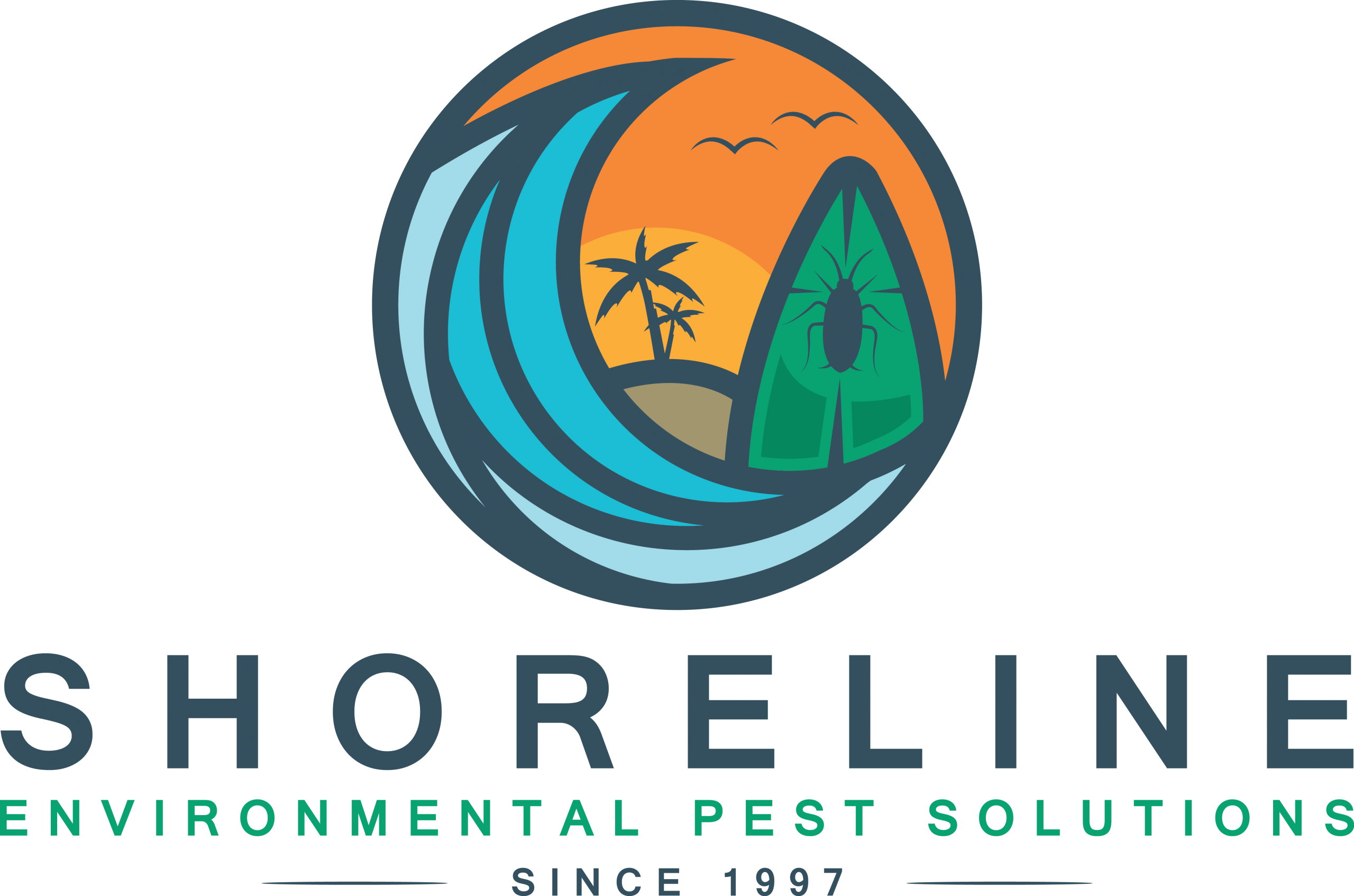
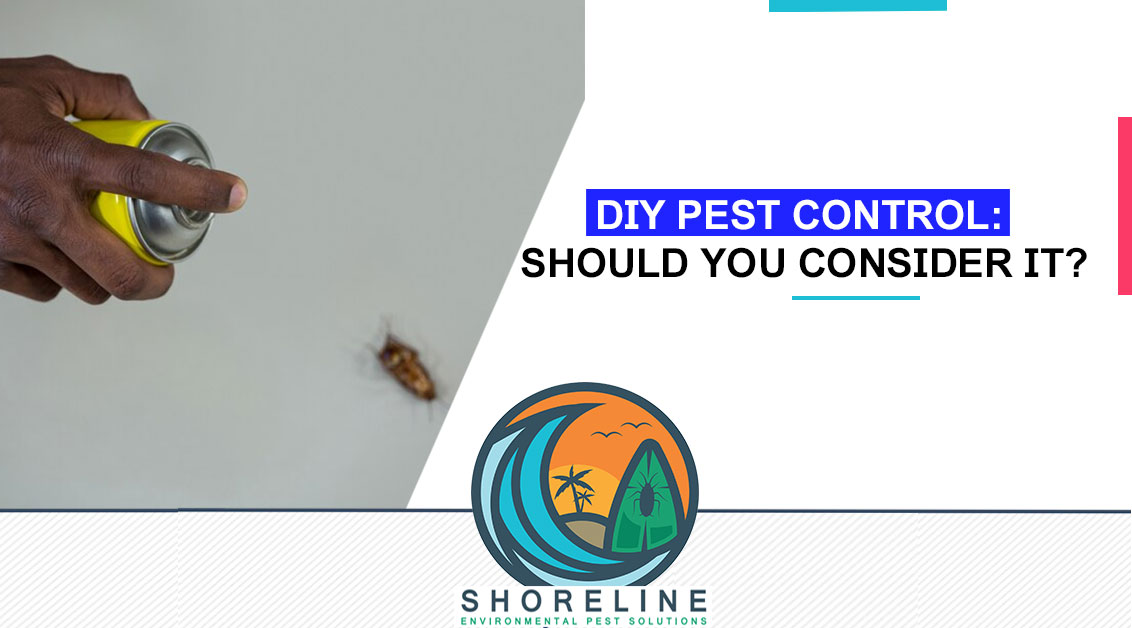
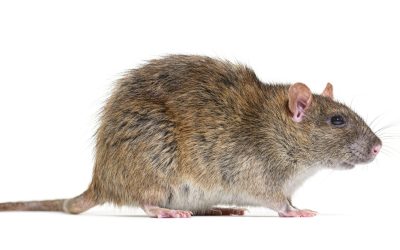
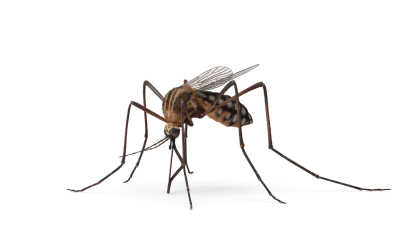
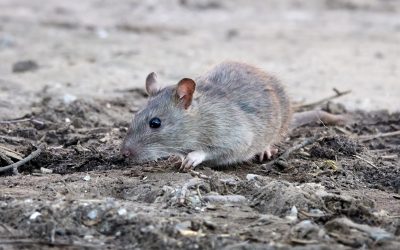
0 Comments